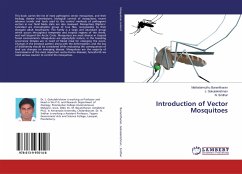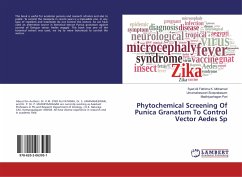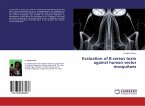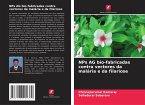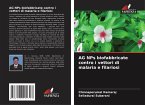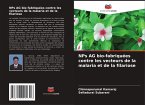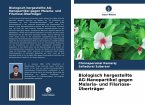This book carries the list of most pathogenic vector mosquitoes, and their biology, disease transmissions, biological control of mosquitoes; recent advance trends and tools used to the control methods of pathogenic vectors in our Tamil Nadu state are also reviewed. Mosquitoes (Diptera: Culicidae) are monophyletic group of true flies, recognizable by their elongate adult mouthparts. The family is a large and abundant group which occurs throughout temperate and tropical regions of the world, and well beyond the Arctic Circle. Mosquitoes are most diverse in tropical forest environments. Mosquitoes are saprophytic nature; in the breeding occurrence females are in need of blood meal for emerging the ovum. Changes in the livestock pattern along with the deforestation, and the loss of biodiversity should be considered while evaluating the consequences of land use changes on emerging disease. Mosquitoes are the majority of transmissions of the most important vector-borne diseases; henceforth we need serious caution to control the mosquitoes.
Bitte wählen Sie Ihr Anliegen aus.
Rechnungen
Retourenschein anfordern
Bestellstatus
Storno

